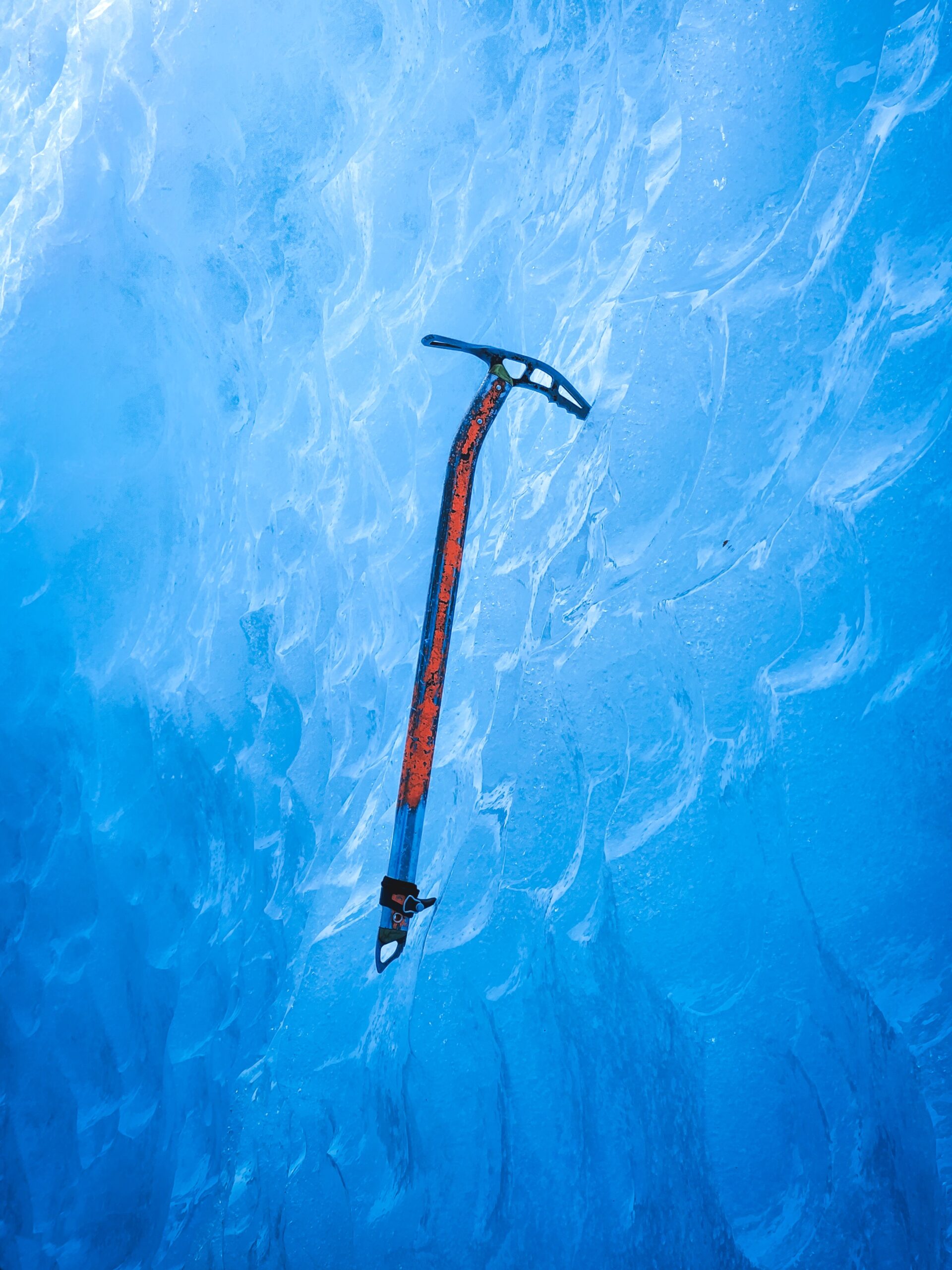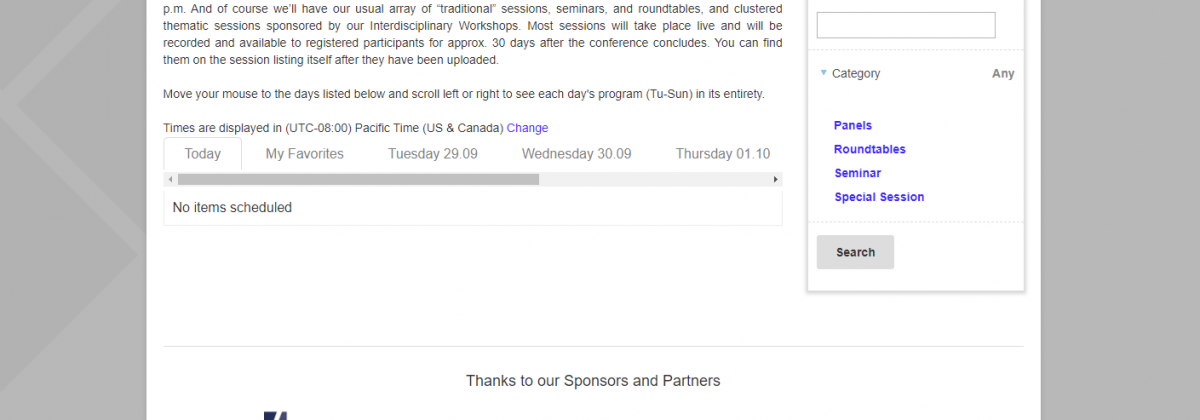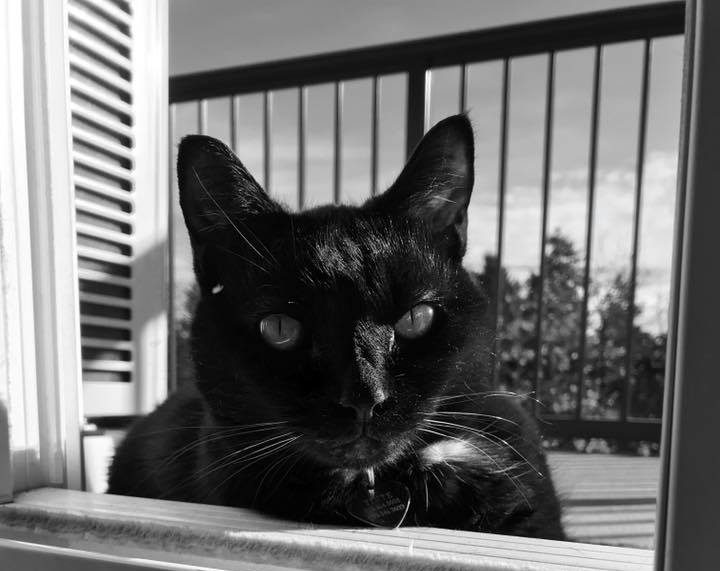Some life points are more pivotal, more decisive than others.
Things build over time, a culmination of moments, hours, days, weeks, months. Sometimes things can brew. Sometimes fragile things grow. Sometimes there are thin spots, where every moment feels intimate, fleeting, leaving one in gratitude. Moments that only happen because of a drooping openness, a building towards the sky, a deep relaxation in the peace of safety. Something which just is there. That belongs to nobody but also only to those who experience it. A precious space. A respiration. Something that just needs to breathe, to unfold in its own time, as any willingness allows, a gathering that could, would go in so many fruitful directions. Something which needs and deserves support, nurture. Something that we had not planned, don’t know if we’re ready for yet but there it is.
Sometimes other things happen that are seismic, that click all the survival gears into action. That throw one into management. When one day one parent announced to me, in crisis, that they were having an affair, I sprang into action to try to help. My other parent was devastated and stopped eating for two weeks. Before my eyes, a marriage of 25 years (I hadn’t been there for more than a few weeks of the year for the last 4) collapsed suddenly. There was no safe ground. Along with it, my understanding of my family, my parents, relationships, started to become upended.
It was as though, looking across the great plains, I could see a thunderstorm brewing, the ground starting to shatter, and both the sky and the earth coming for my one precious thing, my culmination. I became frightened that what had happened (although I experienced actually no feelings that I can remember at the time, just foresight) would destroy my ability to trust and to relax in the peace of that space, to even be able to access it again, to believe in love and to trust another enough to be willing to surrender to them. This was to me a sacred space that I’d never uttered about. But I became afraid that unless it became uttered, it would be lost, inaccessible, and I would never find it again. And I thought that if I uttered it, threw it over there, I could go away and go through all of the devastation and return and maybe it would be safe where I threw it, that it could be reclaimed after being held safe, after I proved myself. I had to prove myself trustworthy, good for it, achieve mutuality by climbing into my own actualization. Maybe I could come back to it, reclaim it, come home. I knew I had to do something to throw it out ahead of me, to go towards it following the band of comet light it threw off.
Or did I actually take it, steal it? Did I take it or did I leave it? Or was it split in half? I only know that while out at sea it became a buoy, a lantern, a thing I wanted to support as much as it supported me. Something that said always: “swim away, yes, but find your way back.” A thing that connected with celestial events, wave crests, filings of the moon, and other invisible currents. It seemed like everything was wrapped up with it somehow.
So we throw words out, against the wind that’s blowing where we stand. We throw an ice axe into the ice cliff to hold our place while we fall down the rope. We try to set a marker: this is my best, this is the best of me, this is the best thing I’ve ever had, this is what I want, this is ground I need to peg to. We hope that we have chosen well, that the axe holds, that someone is on the other end of the line. We do our best to avoid choosing hastily, cheaply, unwisely. Then we jump into the abyss. There are actually abysses on each side: the abyss of the unknowns of being together, and the abyss of being apart. It’s easier to let someone wiser than us help choose which abyss better suits the moment. At a moment like that, one doesn’t see anything other than drastic options, but is held by the idea of walking with a light within / walking into the sun. So it doesn’t even look like an abyss.
Or is it a moment of wanting to choose our pain when confronted with pain we didn’t choose. If I have to have pain, I want it to be the pain of my own relationship, of something I can actually fix, of something I have some part of control over, rather than pain I can’t choose and can’t control. If I choose pain, I choose my own romantic pain, not my parents’. If this is a pain which will change my life, then I will choose how it goes. And I will open myself to all it entails. And I will take my vulnerability there rather than backwards into my parents’ relationship. And I will fucking fix it. I will fix it myself. I will cause the breach, then I will fix it. Because that is how I will show that I am not someone who cheats, who shies away, who has an affair, I will show that I’m not like my dad, I won’t walk out, I am a show-up person. And I’m not like my mom either, I won’t crumple up and give up. I will be worthy and can even out the playing field with my own actualization. I will have integrity. I will take responsibility.
And then we are reasonable. Ok, I have my internal drama but there’s someone else out there involved now. What can actually be expected. What is reasonable. I move my deep trust to the top shelf, ignore any other lower desires that were waking up for the time being. Professional. That’s it. That’s reasonable to expect, that’s where I’ll put all my trust. I can absolutely trust professionally. We don’t have to get to personal. Honestly the thought is overwhelming. What would she want, could I even make her happy. And ew, bodies. Scary, but what would it be like. Nevermind. Cuddle. No not even that, nevermind. I’ll just hang out here in the shadow of this rock of professionalism, where I am safe. I’ll curl up here, recover, go forwards. Here is where it’s safe to be.
I plot my return. I need to become worthy of what I have said. Re-hide the hidden thing by holding it between us in the folds of striving. Let it fall back to the bottom of the lake, the hidden anchor. Be responsible. Have to stand up for it, own it, show up for it. Can’t just throw words like that out there and leave it there. Must have integrity. Words matter. My belief in words, in language became shaken in the intervening time. But far off, the idea of returning as worthy beckoned. Climb down the canyon, climb up the canyon into new words, new language, stand on solid ground, show up, reach parity by building my skills and standing. The task was clear.
A personal mythology takes hold.
Survival: spread your weight out on the icy lake to avoid falling through. Find others to support you so you don’t fall through the cracks. I spread my weight out on the ice, across people, and tried to creep forward back to safety.
And then: crash. After all that time, I discovered that throwing the thing, securing the ice axe, having something to return to, was all a failure. A total, abject failure. And even worse, it had been taken wrong. So fucking misunderstood. As painful as an axe splitting me in half. And even worse than that, all of the gifts it had seemed to confer were actually deligitimized, gold turned to ashes, not admitted. All of the glowing things had only ever been in my imagination. And me, demonized. Everyone else was on a different channel, different discourse, and I was doing it all wrong. My tender, vulnerable parts, turned into weakness and game for attack.
And that very precious thing, trust, had been destroyed at home, at home, and also at home. At every home.
At some point, I probably had to come out of that personal mythology. I had to uncurl, face life differently. If that hadn’t gotten me, something else might well have. The stars are still so tantalizing. It’s still so easy to imagine constellations of how it was supposed to shape up. Out there, up there. And during the day there’s just a lot of uneven ground to navigate. And so I do that.
I’m so sorry to have frightened anyone. The idea that I did that somehow is devastating.
It wasn’t me who made annoying calls. I made two calls in my life. The second was with invitation, in 2001 or 2002. I didn’t telephone again. I don’t like the telephone. I threw away the telephone that I’d had since the 4th grade – it was see-through with the wiring inside visible – by the end of 2003. It reminded me of Dr. B’s call every time I looked at it after that. I had to get rid of it. I wasn’t able to do my work while it was there on my desk after that.
I also didn’t follow anyone. Getting prank calls and being followed has to be a harrowing experience. But it wasn’t me. Email under my own name, yes. But the other things, you have to track down some other creep.


